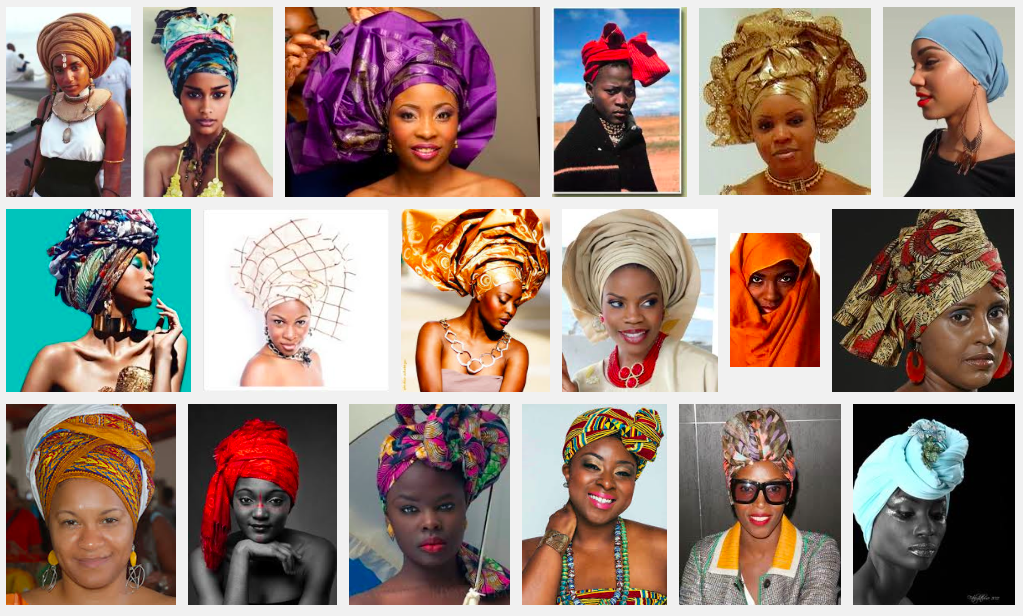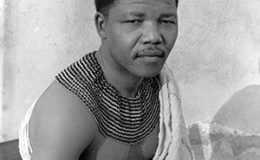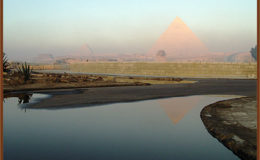Parshat Eqev 5771
Deuteronomy 7:12-11:25
Ya‘aqov ben Yosef, (also known as James), the brother of Yeshua ben Miryam, (also known as Jesus), once asked a she’elah: Does the same spring pour forth bitter and sweet water? The answer to his she’elah in his writings is “no,” but that principle does not always hold true for me. The Torah is a fountain of living water and like this parshah, is in turns bitter and sweet and bittersweet to me.
The bitter: Having just returned from Yerushalayim where literal interpretations of toroth such as those appointed for today have lethal consequences, I was really disheartened to read among the opening verses of the parshah:
Deut 7:16 You shall devour all the peoples that the Holy One your God is giving over to you, showing them לא-תחס, no compassion…
Frankly the world doesn’t need any less compassion. We don’t need religious texts, religious traditions and religious leaders telling us in the name of God, the ancestors or the tradition to withhold compassion from anyone for any reason. One might understand the dispossession to be that claimed in Joshua’s conquest, or the more historical Assyrian and Babylonian conquests which dispossessed Israel as well, giving birth to revisionist history and aspirations. However, even a full exploration of the context that produced this text and its entirely comprehensible xenophobia doesn’t help. At least, it doesn’t help me in this present moment.
Then the sweet: I read near the end of the parshah:
Deut 10:17 For the Holy One your God is God of gods and Sovereign of sovereigns, the great God, mighty and awesome, who is not partial and takes no bribe, 18 who executes justice for the orphan and the widow, and who loves the strangers, providing them food and clothing. 19 You shall also love the stranger, for you were strangers in the land of Egypt.
And I thought, I can drash this part. After all Rav Yeshua ben Miryam the infamous brother of Ya‘aqov ben Yosef offered the world a famous drash on “Who is my neighbor” whose ethical teaching transcends religious identity.
The גר is the stranger, sometimes called a sojourner, an alien, a resident alien. The גר is a person who lives in the midst of a people who are not her own. Because the גר lives in another community, he has some obligation to the ethical standards of that community even if they, like the religion of the community, are not his own. This a Toraic – is there such a word? – definition. For the rabbis, the גרים are converts. I’d like to resist the rabbinic reading and leave the גרים וגרות with their religious and cultural otherness and distinctions in tact. The Torah describes the participation of the sojourners in the religious life of ancient Israel, from observing shabbat and celebrating Pesach to offering their own offerings. There are also limits, many of the toroth that apply to the Israelites also apply to those who live in their communities: neither Israelites nor resident aliens can eat blood, for example.
So in the spirit of Rabbi Yeshua, who is the stranger? Who are the גרים? Solomon counted 153,600 resident aliens in his day. (2 Chr 2:17) Are there any limits on who can be a גר? Are there some folk who due to one aspect of their identity or another could not be welcomed in the Israelite community? Are some folk destined to be regarded as enemies, never welcome in Israelite communities? Can sojourners come from the peoples of whom today’s text also says:
Deut 7:22 The Holy One your God will clear away these nations before you little by little; you will not be able to make a quick end of them, otherwise the wild animals would become too numerous for you. 23 But the Holy One your God will give them over to you, and throw them into great panic, until they are destroyed. 24 God will hand their monarchs over to you and you shall blot out their name from under heaven; no one will be able to stand against you, until you have destroyed them.
Deut 9:5 It is not because of your righteousness or the uprightness of your heart that you are going in to occupy their land; but because of the wickedness of these nations the Holy One your God is dispossessing them before you, in order to fulfill the promise that the Holy One made on oath to your ancestors, to Abraham, to Isaac, and to Jacob.
Deut 11:22 If you will diligently observe this entire commandment that I am commanding you, loving the Holy One your God, walking in all God’s ways, and holding fast to God, 23 then the Holy One will drive out all these nations before you, and you will dispossess nations larger and mightier than yourselves.
In short, what is the difference between a sojourning stranger and an enemy stranger? I’d like to suggest that there are no ethnic, national, cultural or religious differences between the people reckoned as acceptable strangers in the community and those reckoned as unacceptable strangers outside the community. The Israelites have been individually and collectively sojourners in foreign lands and there are people from virtually every known nation who live as גרים in ancient Israel. Kings tells us that even an Amalekite was a sojourner in Israel in the time of David and Saul, serving in the Israelite army. (2 Sam 1:13) And the Amalekites were the most despised of enemy nations by most accounts, with regular calls in the Torah for their annihilation, extinction, genocide, what we call today ethnic cleansing. So then, it appears that sojourners are Amalekite, Canaanite, Jebusite, Amorite, Hittite, Hivite, Perizzite and every other “-ite” you can imagine.
So how does an individual from a people whom the Torah says are wicked, have no longer any right to their own land, are to be faulted for following their own religion and culture, can have their women and girls abducted in to Israelite forced marriages, can have their men and boys – even – infants slaughtered and exterminated become a resident alien accepted into Israelite society, protected to some degree under the shelter of the Torah-tree of life?
One at a time. Perhaps even one family at a time. One relationship at a time. The sojourners are individuals who become known to their host community, and through that knowing become a part of the community themselves. Their unknown kinfolk remain the villains in sacred and secular stories alike, literary characters to be dispensed with at will. But they who are known occupy a liminal, fertile space between stranger and neighbor.
It strikes me that the lack of knowing on an individual basis makes it possible for the stereotypes of xenophobia to blossom into the toxic blooms of violent rhetoric and rhetoric-fueled violence. When no one knows any of “them” it is easy to believe every horror story and consent to the most inhumane practices in the name of self-preservation. But when one person knows another person from the outsider-stranger community then it’s no longer possible to talk about all of them as a collective.
Every place that I experienced hope about the future of Palestinians and Israelis living in justice and peace was a space in which individual Israelis and Palestinians were in contact and conversation – not necessarily agreement, in fact, they were often in disagreement on many issues. But those who knew each other because they saw each other and spoke to each other, cared for each other and rejected the radical cries of לא-תחס, no compassion, for them from their own communities. Likewise, the spaces in which I grieved the most for the future were the spaces in which members from each group called for the annihilation of the other beyond the wall – literal as well as metaphorical walls – the other a stranger whom they’d never met in person, whose children, lovers, elders, hopes and dreams were mythical creatures to be written out of the story.
Questions:
Who is the stranger?
Are there any people to whom we as Torah-readers-and-keepers do not have any ethical obligations?
What is the sweetness of Torah to you?
What is the bitterness of Torah to you?
How and where is the Torah bittersweet to you?
Finally the bittersweet from today’s parshah:
Deut 7:12 If you heed these ordinances, by diligently observing them, the Holy One your God will maintain with you the covenant loyalty that God swore to your ancestors; 13 God will love you, bless you, and multiply you; God will bless the fruit of your womb and the fruit of your ground, your grain and your wine and your oil, the increase of your cattle and the issue of your flock, in the land that God swore to your mothers and fathers to give you. 14 You shall be the most blessed of peoples, with neither sterility nor barrenness among you or your livestock. 15 The Holy One will turn away from you every illness; all the dread diseases of Egypt that you experienced, God will not inflict on you, but God will lay them on all who hate you.
This is what I call incantational religion. If you do it just right you’ll get just what you want. If you don’t get what you want, it’s because you didn’t do it right. Anyone struggling with illness or infertility or economic losses is responsible for not dotting the I’s, crossing the t’s or curling the yuds in the Torah. Yet beneath this cause-and-effect religion is an image of a God who cares for, nurtures and provides for God’s people, extending that care to the strangers within their gates. And that’s not a bad thing. Especially from where I sit in this community. שבת שלם





Leave a Comment